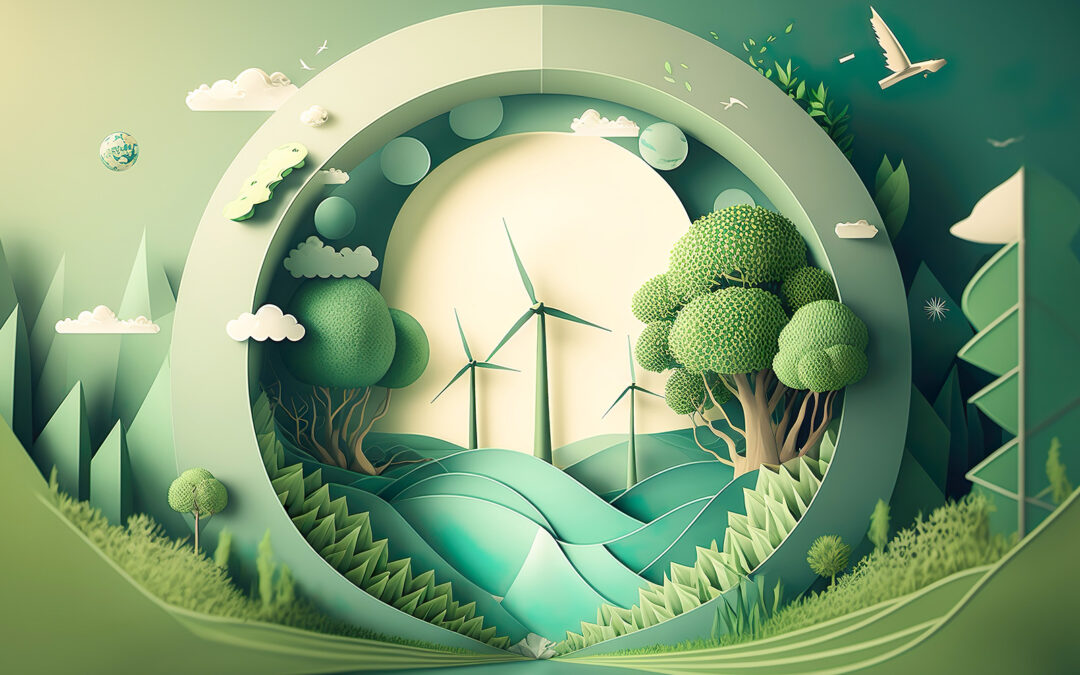With the help of modern technologies such as artificial intelligence (AI), the Internet of Things and the use of digital twins, processes within the circular economy can be significantly optimized. The aim is to use resources more efficiently and sustainably. The transfer between science and industry is crucial in order to translate cutting-edge research into innovative technologies and business models.
In order to fully exploit the potential of digital tools for the reuse of natural resources and to increase the added value of materials, the state of North Rhine-Westphalia has launched the Digitalisation & Circular Economy Transfer Hub.
The establishment and content implementation of the hub is being driven by Prosperkolleg e.V. and Ruhr West University of Applied Sciences. This knowledge hub has set itself the goal of developing and communicating innovative and practical solutions for the circular economy. Small and medium-sized enterprises (SMEs) and the skilled trades in particular benefit from workshops and events that convey specific content and implementation strategies for practical application.
As part of the project implementation, illustrative demonstrators are also being created that show, for example, how a digital product passport works, what potential smart and resource-saving products offer and how digital technologies can sustainably support the circular economy. The transfer hub specifically addresses the needs of companies in the northern Ruhr region and is also intended to serve as a model for other regions in North Rhine-Westphalia and beyond.
The project is funded by the European Union and the state of North Rhine-Westphalia. The total funding amount is around ten million euros and is being financed from the EFRE/JTF program NRW 2021-2027 program.

